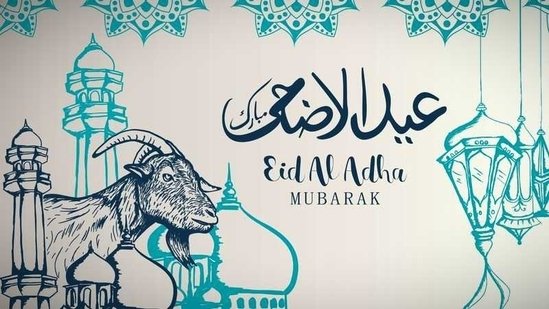Eid ul-Adha, also known as the “Festival of Sacrifice,” is one of the most significant holidays in the Islamic calendar. It commemorates the willingness of Prophet Ibrahim (Abraham) to sacrifice his son Ismail (Ishmael) as an act of obedience to God. This profound event is celebrated annually by Muslims worldwide, reflecting themes of devotion, sacrifice, and charity.
Historical Background
The story of Eid ul-Adha originates from a pivotal moment in Islamic tradition. According to the Quran, Prophet Ibrahim had a dream in which God commanded him to sacrifice his beloved son, Ismail. Despite the emotional anguish, Ibrahim prepared to follow God’s command, demonstrating unwavering faith. As he was about to perform the sacrifice, God intervened and provided a ram to be sacrificed instead. This act symbolized Ibrahim’s obedience and submission to God’s will, highlighting the importance of faith and sacrifice in Islam.
Religious and Social Significance
Eid ul-Adha holds immense religious significance for Muslims. It occurs during the Islamic month of Dhu al-Hijjah, following the annual pilgrimage to Mecca, known as Hajj. The festival begins with a special prayer, Salat al-Eid, performed in congregation at mosques and open grounds. The prayer is followed by the ritual of Qurbani, or animal sacrifice, symbolizing the ram provided by God. The meat from the sacrifice is distributed among family, friends, and those in need, emphasizing the values of charity and community.
The celebration of Eid ul-Adha extends beyond religious rituals. It is a time for family gatherings, feasting, and sharing. Muslims wear their finest clothes, exchange gifts, and visit loved ones. The festival fosters a sense of unity and compassion within the community, encouraging individuals to reflect on the importance of selflessness and generosity.
In conclusion, Eid ul-Adha is a profound reminder of the significance of faith, sacrifice, and charity in Islam. It commemorates a pivotal moment in religious history and reinforces values that are central to the Muslim faith. Through its rituals and celebrations, Eid ul-Adha strengthens communal bonds and inspires acts of kindness and generosity.




